What Effect Does Turbidity Have On An Aquatic System
What effect does turbidity have on an aquatic system. It decreases water temperature and increases plant growth. Metal ingestion can have effects on the immune system blood liver kidneys and nervous system Cempel and Nikel 2006. Turbidity affects organisms that are directly dependent on light like aquatic plants because it limits their ability to carry out photosynthesis which then al.
Secondary School answered What effect does turbidity have on an aquatic system. Turbidity can also affect how well aquatic life can see or function underwater. Impact of Turbidity.
It can harm fish and other aquatic life by. However it can indicate the presence of pathogenic microorganisms and be an effective indicator of hazardous events throughout the water supply system from catchment to point of use. Taeexhsussikmar taeexhsussikmar 04142017 Biology High School answered What effect does turbidity have on an aquatic system.
Find an answer to your question What effect does turbidity have on an aquatic system. Turbidity was monitored at several depths and distances from shore during weekends of heavy boating activity. A literature review of the effects of turbidity and siltation on aquatic life.
Floating algae in lakes in the later summer can block out light that other plants need to grow. What effect does turbidity have on an aquatic system. This can have consequences for animals including fish that feed on these plants.
Turbidity affects the growth rate of algae micro-aquatic plants and other aquatic plants in streams and lakes because increased turbidity causes a decrease in the amount of light for photosynthesis. High turbidity levels can diminish visibility and often feeding behaviors in addition to physically harming aquatic life. The suspended sediments that cause turbidity can block light to aquatic plants smother aquatic organisms and carry contaminants and pathogens such as lead mercury and bacteria.
If the water is very cloudy less light is getting through which makes it harder for. Correct answer - What effect does turbidity have on an aquatic system.
It increses water temperature and impairs photosynthesis.
Correct answer to the question What effect does turbidity have on an aquatic system. The suspended solids may disrupt the natural movements and migrations of. High turbidity depending on the season can have negative effects on a lake or river. It increses water temperature and impairs photosynthesis. It can harm fish and other aquatic life by. Why does turbidity matter. High turbidity can significantly reduce the aesthetic quality of lakes and streams having a harmful impact on recreation and tourism. What effect does turbidity have on an aquatic system. Secondary School answered What effect does turbidity have on an aquatic system.
Learn vocabulary terms and more with flashcards games and other study tools. High turbidity levels can diminish visibility and often feeding behaviors in addition to physically harming aquatic life. It has no effect on water temperature but impairs photosynthesis. It has no effect on water temperature and can suffocate fish eggs and insect larvae. The significance of excessive turbidity in water on fish and other aquatic life begins by modifying the temperature structure of lakes. Turbidity is an important indicator of the amount of suspended sediment in water which can have many negative effects on aquatic life. How does Increased turbidity due.
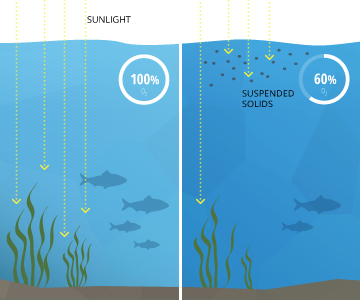



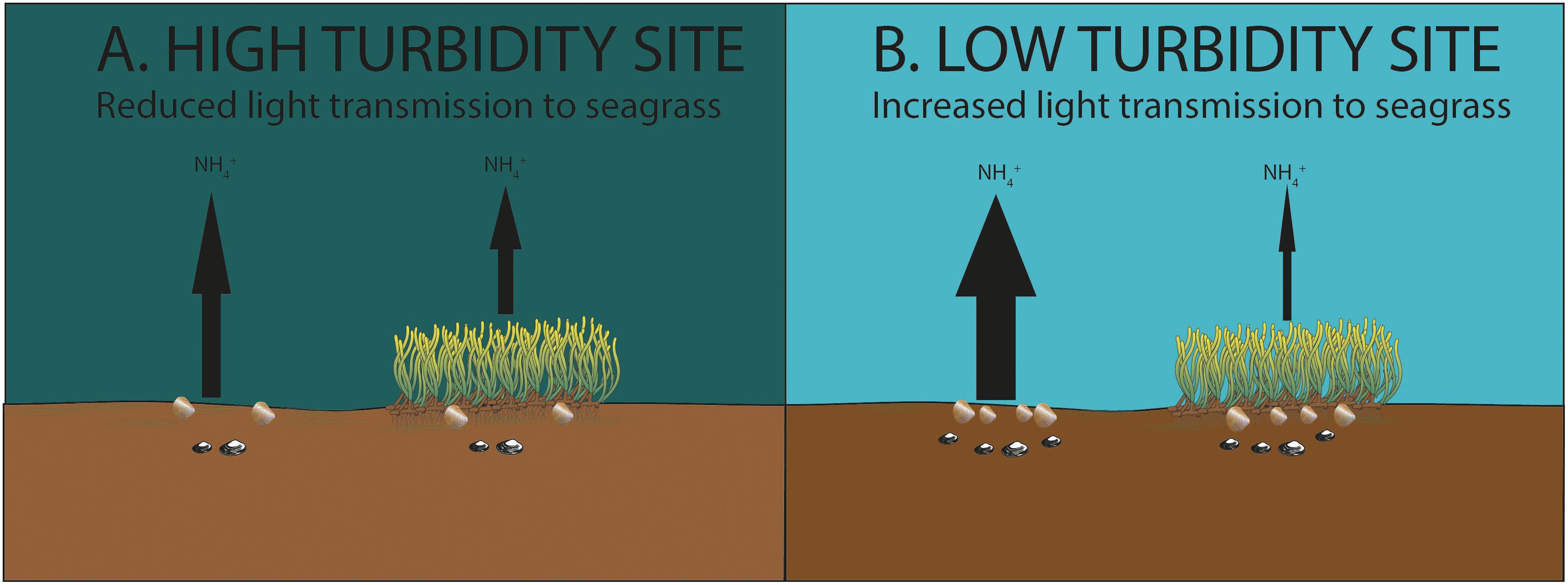
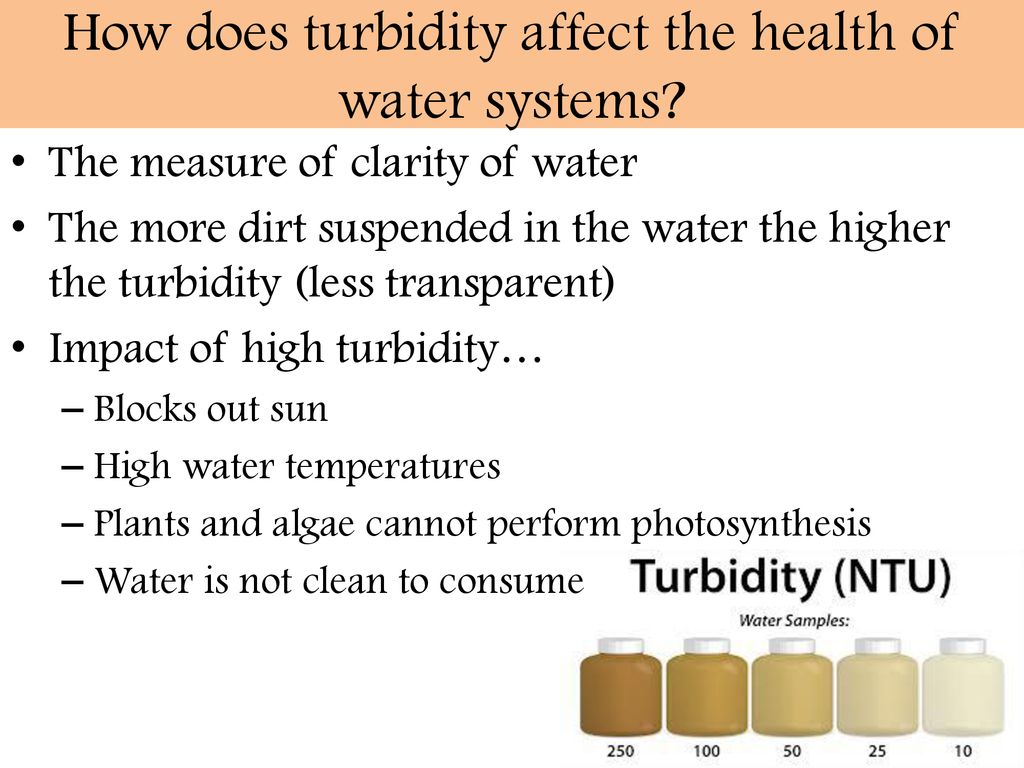

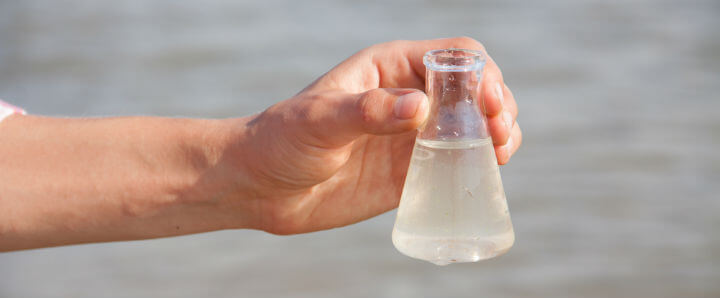










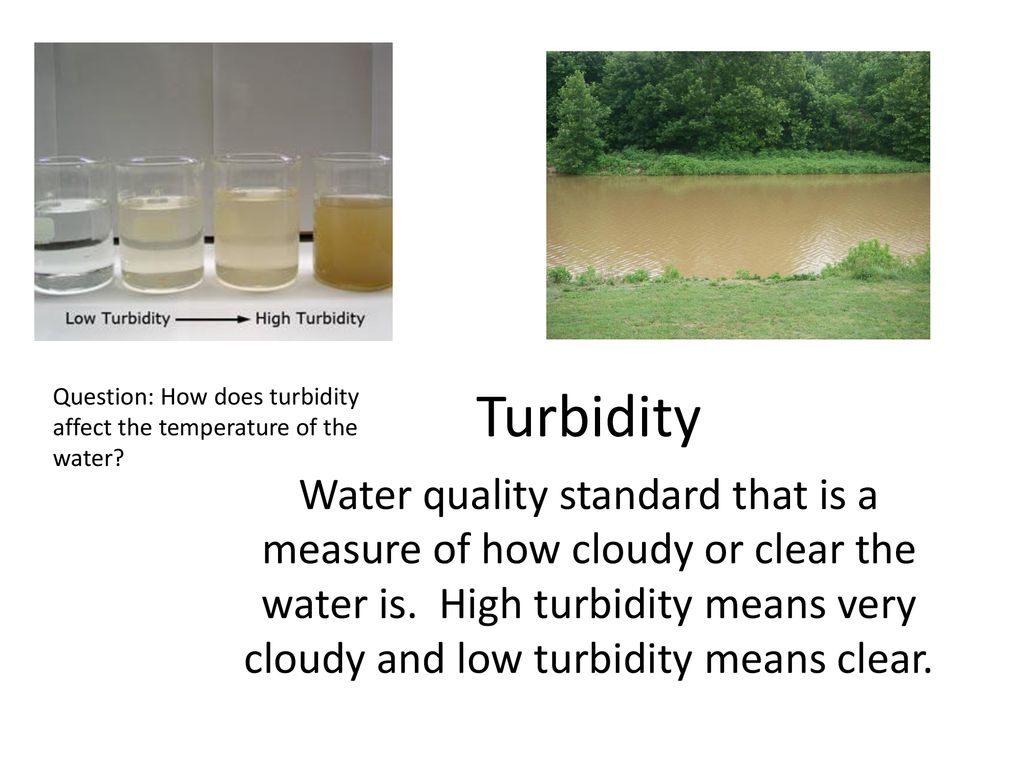
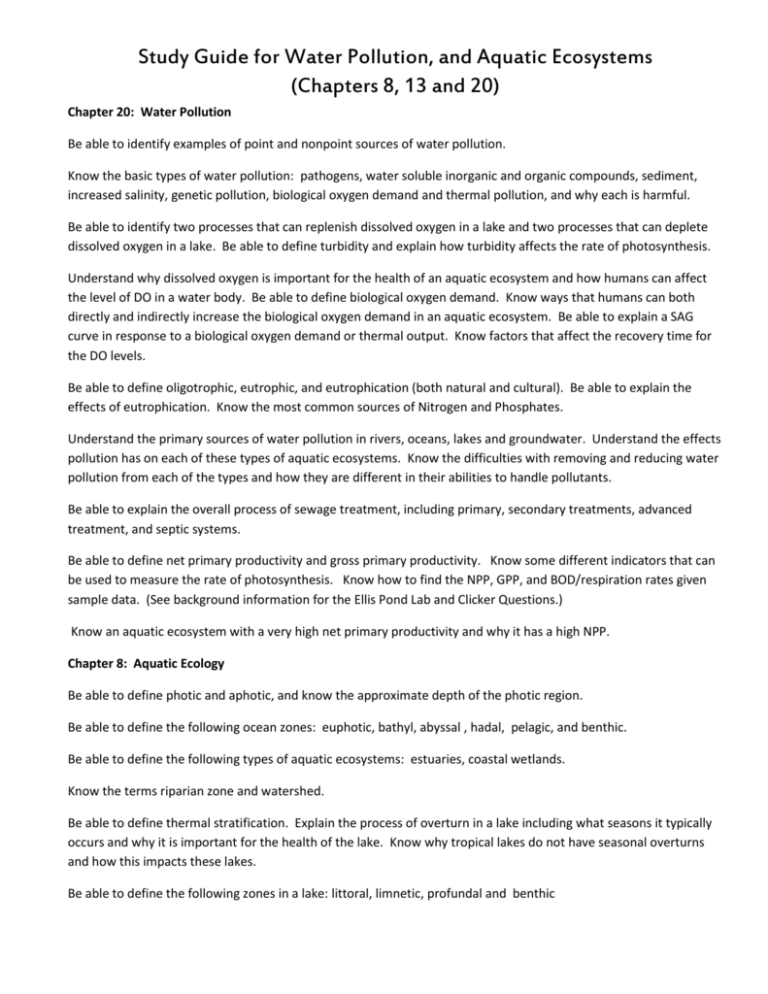




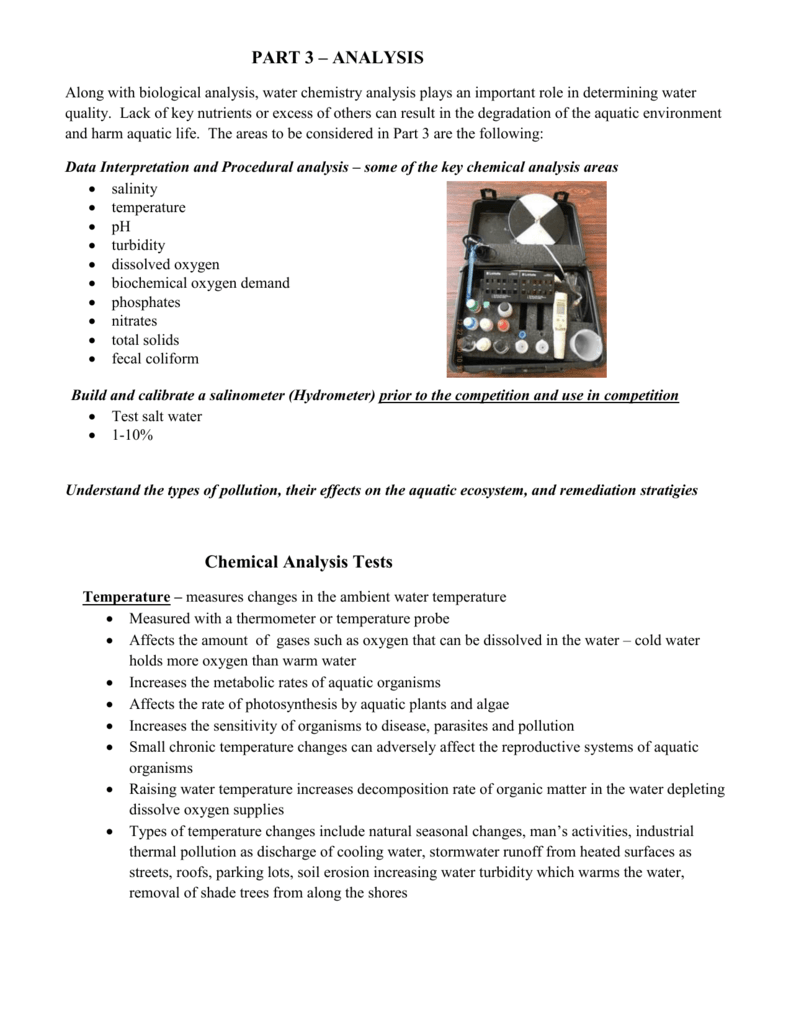

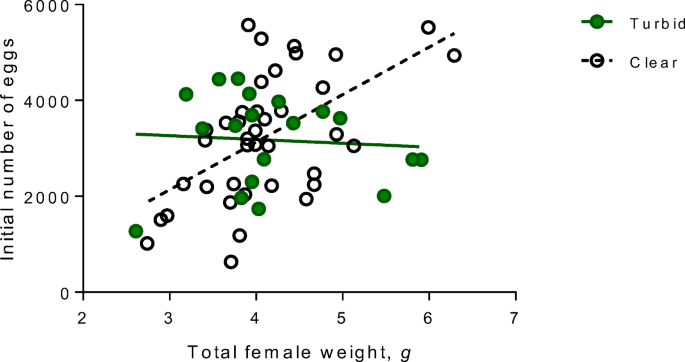





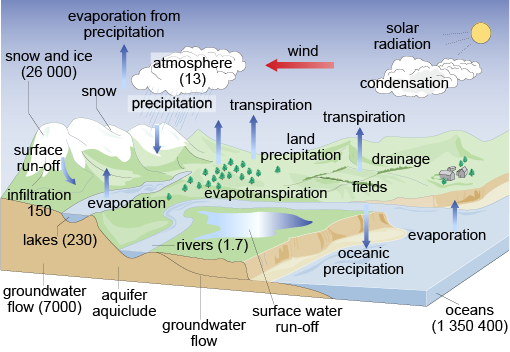
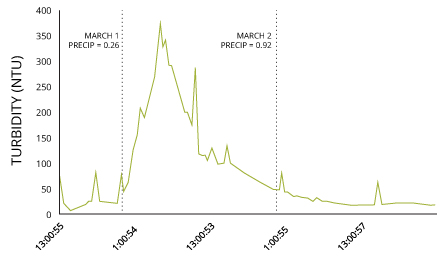



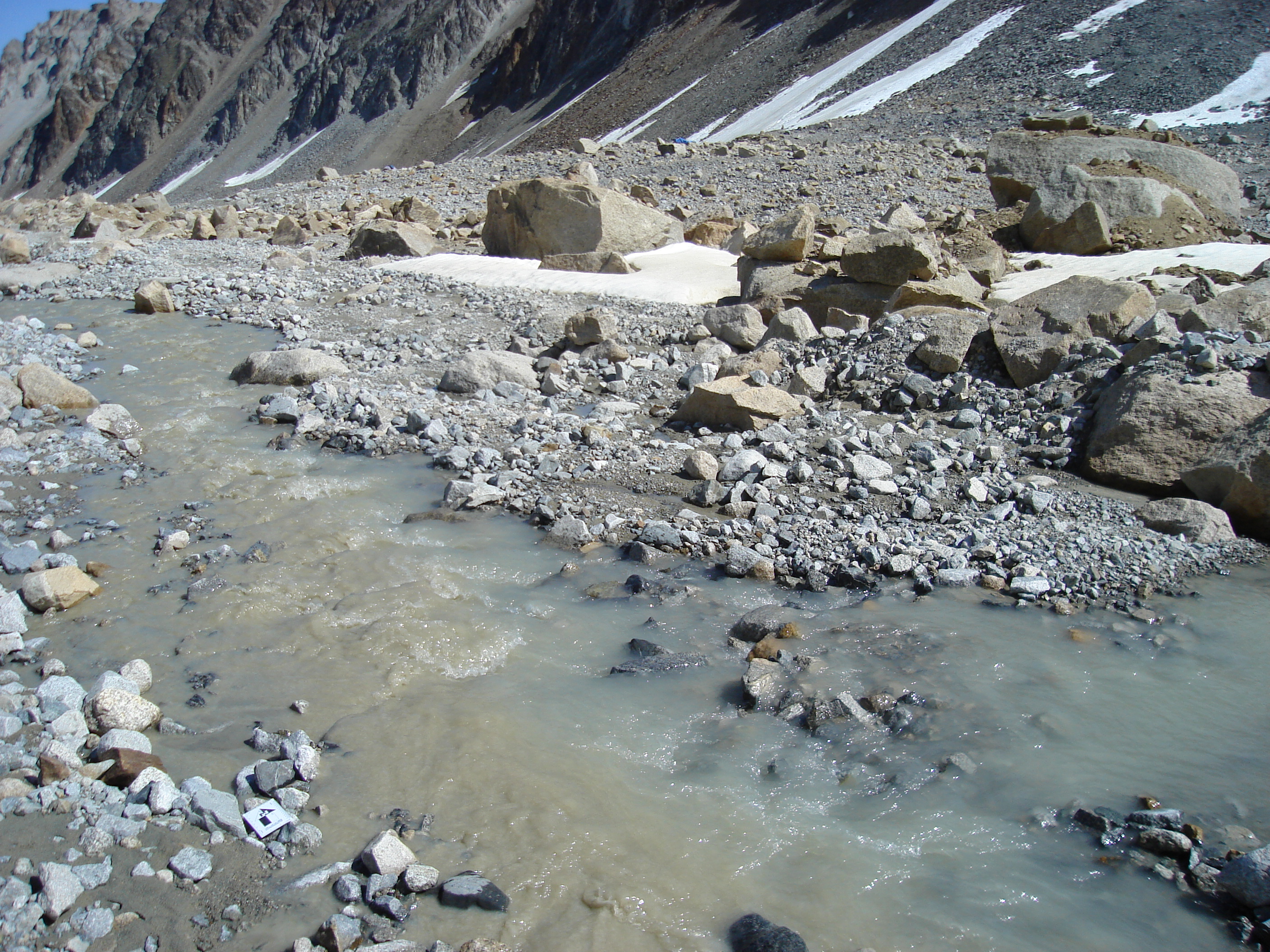

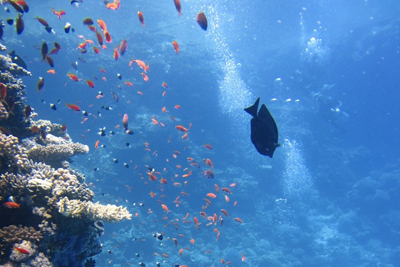

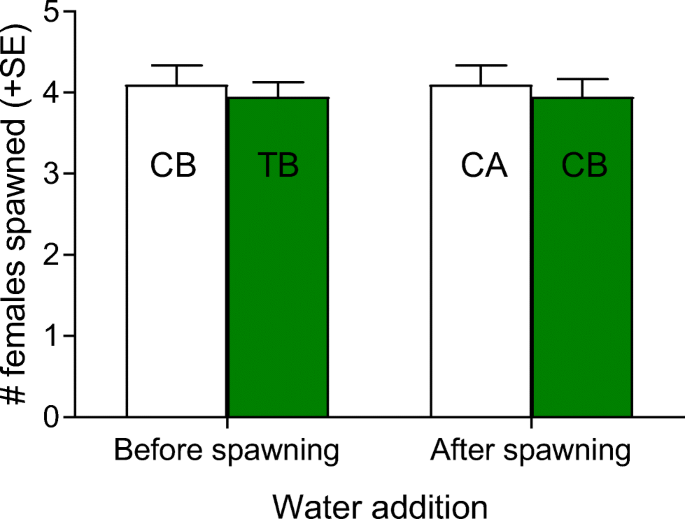
Post a Comment for "What Effect Does Turbidity Have On An Aquatic System"